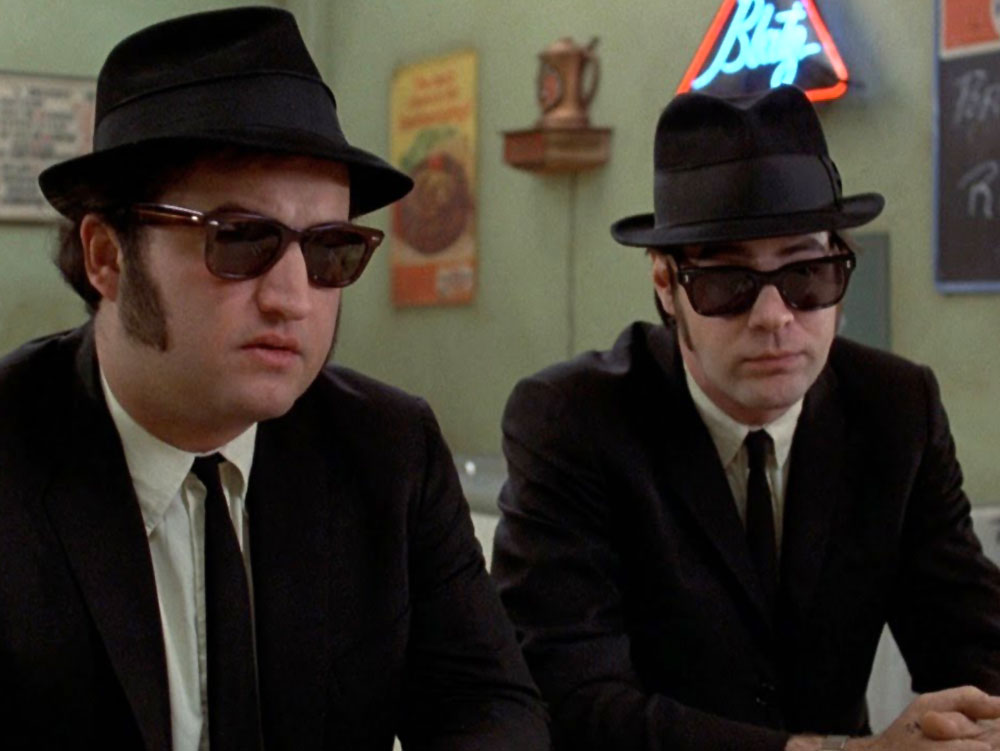Wiggle on your gloves, wrap up in your scarf, and slide on your favorite sunglasses. When the sun is high and hot we all reach for our sunnies. But when bundling up to face the cold and snow, we often forget to protect our eyes. Sunglasses are needed at all times of the year and snowy days are no exception.
In the winter, the sun sits lower in the sky and at a different angle. This can give you more exposure to UV light than in other seasons. According to the World Health Organization, fresh snow can nearly double a person’s eyes to UV exposure because it reflects light. Harmful UVA and UVB rays from that light can cause cataracts, macular degeneration, and photokeratitis. Photokeratitis, commonly known as, snow blindness, is a result of eyes being exposed to ultraviolet rays. It has painful symptoms because the surface of the eye is sunburned. Skiers, hikers, and mountain climbers, take note: your exposure to UV radiation increases by 5% for every thousand feet above sea level you go. 100% UV protection is the most important component to a pair of sunglasses. Make sure your sunglasses provide this!
Dry eyes are a common problem in the winter. The cold and the wind can exasperate the symptoms of dry eyes. Sunglasses are beneficial in keeping out wind and debris that irritate the eye. Wraparound sunglasses provide the best protection because they cover a larger portion of your face, keeping out wind and dry air.
Sunglasses are not just for those who are out in the elements. People who drive in the winter need them too. Glare created from wintery precipitation can decrease visibility, thus contributing to hazardous driving. Sunglasses can cut down on glare and help the wearer have better visibility. Polarized lenses are often recommended because they give more protection from glare than non-polarized.
Sunglasses provide the added benefit of reducing eyestrain and headaches. When our eyes are exposed to bright light we squint and our pupils constrict. Headaches and fatigued eyes are a consequence of these reflexes. Stop the squint and wear your shades!
Our eyes need protection year round. This winter before heading out, throw on a pair of sunglasses when pulling on that wooly hat. Winterize your eyes while enhancing your wardrobe!





